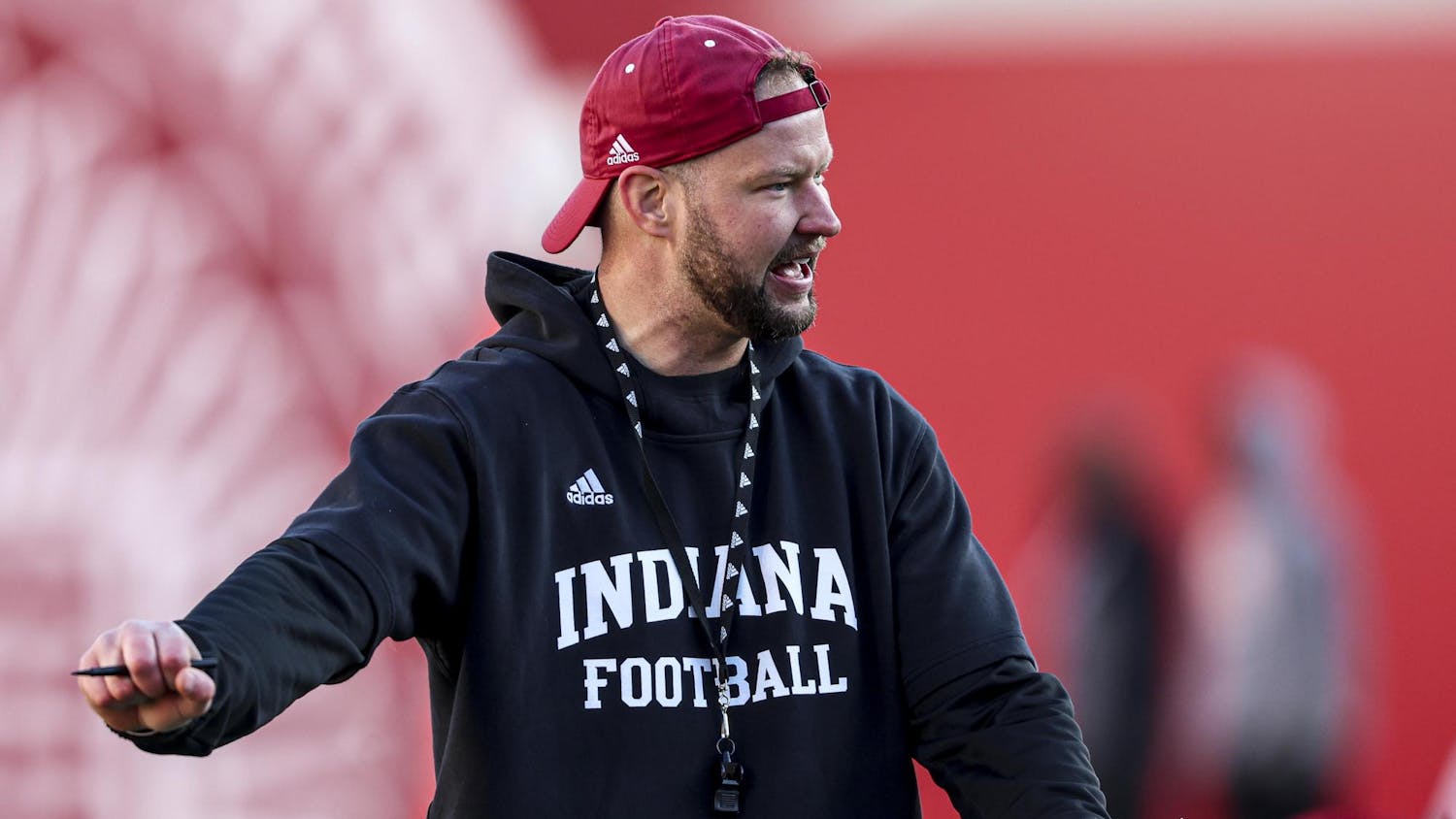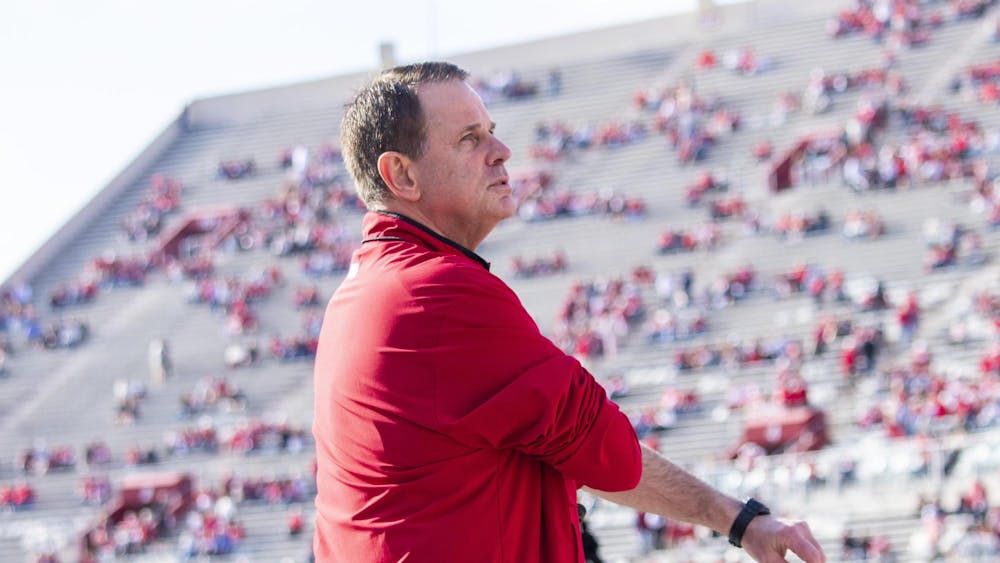Against a backdrop of college bowl games sponsored by everything from cell phones to auto parts stores, NCAA President Myles Brand sent out a warning that the collegiate model of athletics as we know it will continue to see itself challenged by commercialism.\nBrand told delegates at the 98th annual NCAA Convention in Nashville, Tenn., on Sunday, he wanted to reassert the integrity and value of college sports.\nHe warned that Division I schools, as well as those in Divisions II and III, are vulnerable to being too much like pro franchises by allowing athletics to become separate from the rest of the university.\n"Intercollegiate athletics is not a freestanding, wholly autonomous enterprise. We have seen the type of drift to the professional model that will diminish, and in the long run will eliminate the value of the program to its university," Brand said.\nThough Brand believes that professional sports has an important role in soceity, he warned that "college sports must not be allowed to be drawn to the professional model like a moth drawn to a flame."\nBrand's biggest concern regards changes in collegiate programs if profit becomes more important than education -- namely, the possibility that collegiate athletes would be paid.\n"He is trying to cut off all manuvering for paying athletes. That's the biggest danger (to Brand)," said University of Oregon professor Jim Earl. Earl co-chairs the Coalition of Intercollegiate Athletics with IU professor Robert Eno, who is currently in China. \nBrand also said the NCAA will be at the forefront of preserving college sports as part of an educational experience and to provide a forum for discussion.\nHe promised to work toward completing an academic reform agenda that will make schools accountable for graduating athletes and keeping them in good academic standing.\nLast fall, stricter requirements for incoming freshmen and continuing eligibility rules were put into effect.\nAnother part of reform involves a proposal to penalize Division I schools for poor academic performance. The head of a task force formed to devise the penalty program believes the NCAA board of directors will approve the measure in April.\nUnder the proposed program, beginning in the fall of 2005, coaches would be prohibited from re-awarding scholarships left open by an ineligible student. More stringent penalties, including the reduction of scholarships and ban from postseason play, would be in effect in the fall 2007.\nAn NCAA committee will be formed to determine the levels used to deciede which teams aren't performing well academically.\nIn addition to these rules changes, the NCAA plans on reforming its policy on transfer student athletes as an assessment of a program's graduation rate. Athletes who transfer from a school in good academic standing would no longer count as "not graduating" in that school's graduation rate.\nThe NCAA Board of Directors will be voting on the academic proposals in April, and according to Earl, it looks more and more like they will be passed.\n"People are getting used to Myles Brand as president, and he's been adamant about these issues," Earl said. "The tide is driftinig with him."\n-- The Associated Press contributed to this story. \n-- Contact senior writer Alex Hickey at ahickey@indiana.edu
Brand wants integrity reasserted
Feels college sports becoming too much like professional sports
Get stories like this in your inbox
Subscribe





